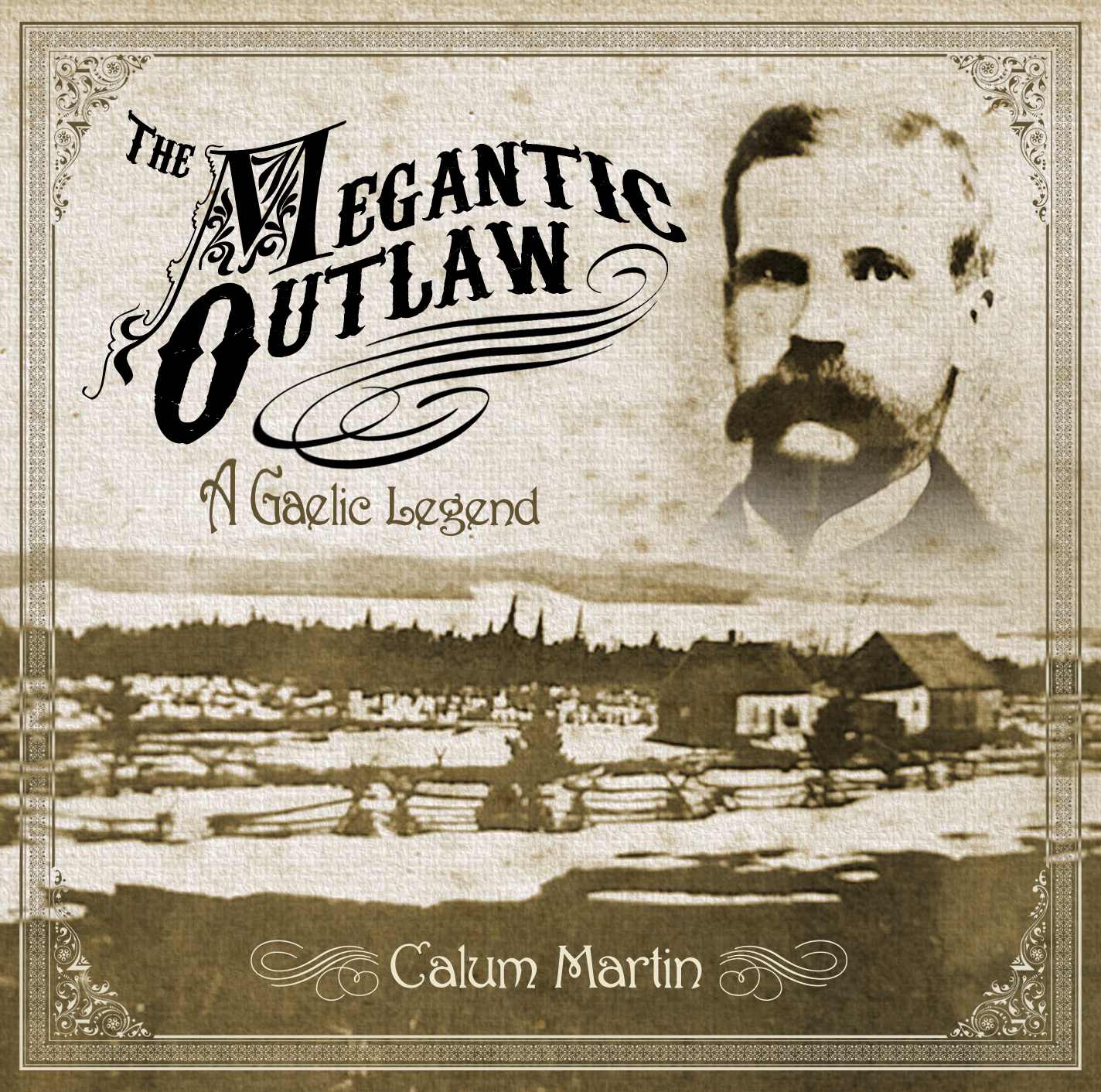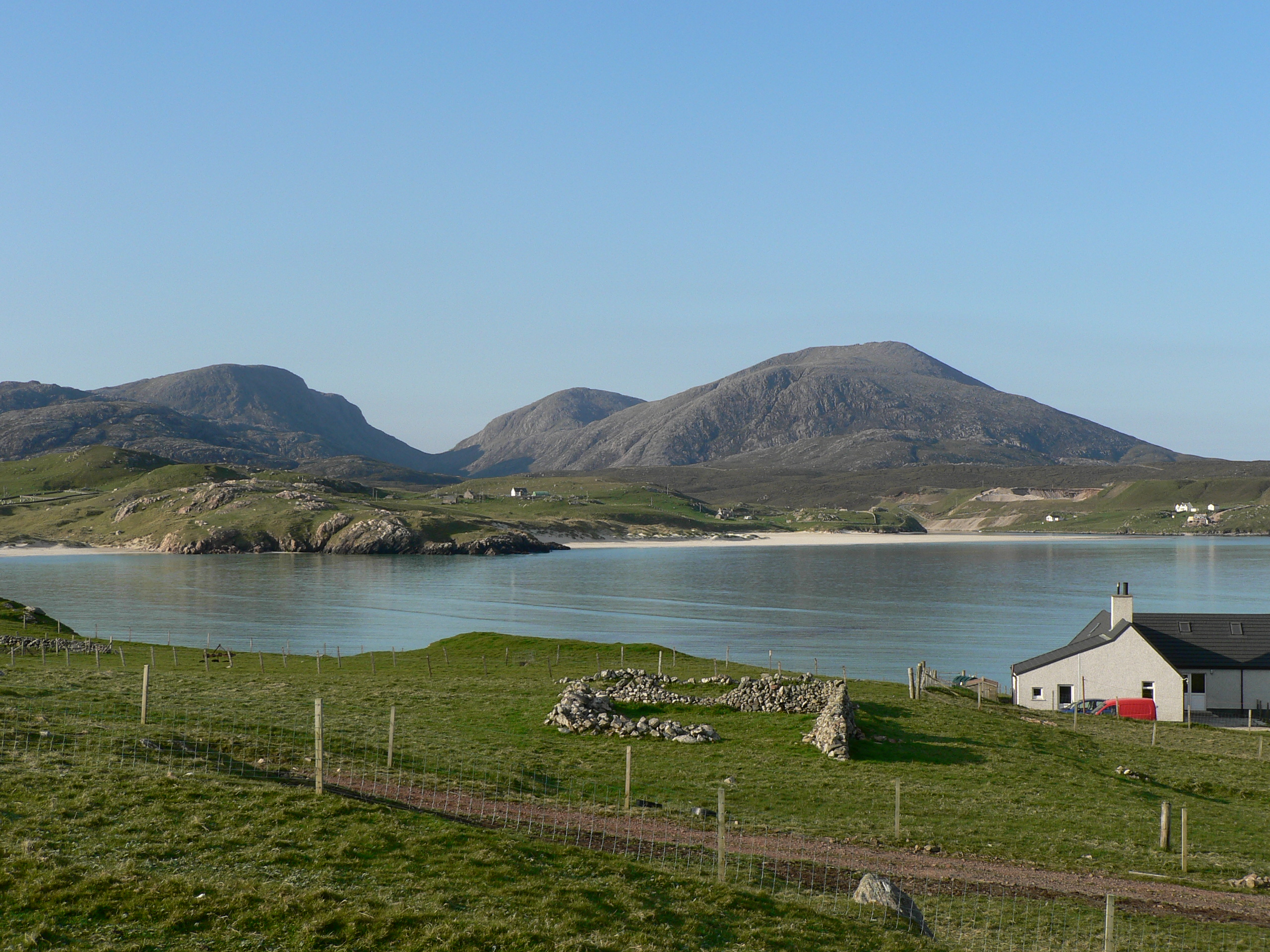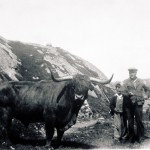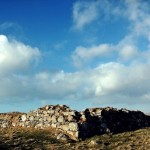Tag: kneep
Clearances 1851
A Party on Pabbay, 1947
Amhran Lord Lever, le Domhnall Donn
Sgìre Ùige
Wedding Telegrams of the 1960s
Sandy and Mary, 1959
Fishing Boats in Uig
Another find at Kneep
Dòmhnall Cam and the Blind Woman
Hogmanay in the Capital, 1943
An Iolaire Survivor
no images were found
Translated from an interview with An Geal, John Maclennan, born 1896 at 15 Kneep and married at 4 Aird, Uig. The Admiralty ship the Iolaire taking servicemen home to Lewis grounded on the Beasts of Holm outside Stornoway, on the 1st of January 1919. More than two hundred men perished. Translated by Maggie Smith.
At the end of December 1918, on leave and travelling back to Lewis with other servicemen from Uig, we planned to arrive home on New Year’s day and surprise the families. Approaching Stornoway Harbour on the Iolaire the mistake was made when we changed course. All it required was less than half a point, it just needed to be slightly to the West. The lighthouse was visible, but the man at the wheel didn’t alter the course when he should have.
We never suspected a thing until she hit, it was so quiet and everything was so normal… Only two people escaped from that part of the ship I was in. One brave man swam ashore with a rope and secured it. When the ship grounded she swung round broadside. I remember moving the rope from the stern to the side, but today I don’t quite know how I managed it. A lot of those around me had lost their mind, particularly the younger men. There were no orders from the officers maybe if… If only the ship had grounded closer to the shore, most of those aboard would have been saved. But the rocks we hit were the furthest point from the shore. Although there had been a strong wind it was behind us. I was able to crawl to safety across that rope. The ship sunk eventually and one man was left clinging to the mast until he was rescued. Only seventy five people made it to the shore.
When I got ashore I was shoeless as I had been resting and had taken them off. A lot of the men had taken their shoes off and were lying down, wherever they could get space to rest their head. Reaching the shore I fell into a bog and lost my socks, then I headed for the nearest house, where a huddle of injured people had gathered. I was injured with cuts on my chest, but I never let on to anyone. It was a frosty night and I walked from Holm to Stornoway.
Seeing a sign for the Post Office I headed in that direction. I heard a woman crying. It was Maga (nighean Seonaid Chalum Tharmoid). Maga had met two Uig men who had been on the boat, Uilleam Dubh (William Maclennan 36 Cliff) and (Tuireag) Malcolm Macritchie 7 Aird. They had mentioned I was on the ship, and as they hadn’t seen me since coming ashore, they had come to the conclusion that I too, had been lost.
Dòmhnall Donn and Hannah
Photos from Kneep
A Haystack in Kneep
Banais Una
The Megantic Outlaw: the Show, in Uig 14 July

O an strì ann an tìr a phailteis,
O am fallas, o am fuachd,
Cha robh cùisean mar bha dùil seo idir
Le olc is aingidheachd is cruas.
— Tìr a Phailteis, Calum Martin
The Megantic Outlaw, Donald Morrison, is a folk hero in Quebec and Uig alike and his story is well-known on both sides of the Atlantic. The ruins of his grandfather’s blackhouse can still be seen in Kneep, on the hillside behind the machair and Loch nan Cuilc, but the family left for Quebec, where they settled near Lake Megantic and where Donald was born, their youngest son.
This year, as part of the Hebridean Celtic Festival, local musician and teacher Calum Martin is bringing his Gaelic folk-rock song cycle based on the Megantic Outlaw’s life, to Uig and Stornoway. The story follows the family’s voyage from Lewis, their hardships in the new land, and Morrison’s ten months on the run until his capture, imprisonment and eventual demise.
For this show Calum has brought together an amazing cast of musicians from both sides of the Atlantic featuring Fraser Fifield (Sax/Whistles), Graeme Stephen (guitars), Bobby Millar (bass guitar); from upstate New York by way of Nashville Tennessee, Peter Young (Drummer/Producer) from Nashville, Scott Neubert (guitars/dobro/banjo/mandolin) and from Lewis Andrew Yearly (keyboard/accordion) and Calum’s own daughter Isobel Ann Martin (vocals).
Tuesday 14 July 2009 at Uig Community Centre, 8pm
Wednesday 15 July 2009 at An Lanntair, Stornoway, 7.30pm
Tickets from the Hebridean Celtic Festival box office (online, from 01851 702333, or on Saturdays 11-4 from the office in Stornoway, and a little nearer the time from us Uig Museum in the community centre) for this and all the other Festival gigs. Calum Martin also wrote and performed the new Festival anthem, Blue on Green, which is available as a free download from the Festival website (and playable here – click the arrow.)
[audio:blueongreen.mp3]And now for the Megantic Outlaw’s story, from the CD insert; the Gaelic follows the English version. Song titles are in bold and the full text in Gaelic and English, plus more audio samples, are at the Megantic Outlaw website. (It’s worth noting that the double-crosser, Lieut-Col Malcolm Macaulay, was also an Uigeach, apparently of a family cleared from Baile Nicol (now Ardroil) about 1840.)
* * *
Donald Morrison was born in the township of Megantic, Quebec in the year 1858, the youngest son of Scots immigrant parents. Years earlier Murdo and Sophie Morrison had been driven by hardship from their native Hebridean Island of Lewis and forced to set sail on The Ship of Hope for a new life in Canada. Building a new life was not so easy for the new immigrants, not only did they have to overcome a harsh environment but deceit and injustice were rife in this Land of Plenty.
Being the youngest, Donald was the last to leave the family home. Like many of his generation, he headed westward to seek his fortune, working as a cowboy, and he became used to the freedom of the wide open spaces, and from this work, sent home regular contributions to help his parents re-pay the debt on the family home.
On The Journey Home after 7 years toil, he fondly imagines that by now the debt must be about paid. To a Lewis man, like Donald’s father, Murdo, a man’s word is his bond; he had paid off the family debt with no thought of written receipt, but Macaulay, the unscrupulous money-lender, denied receiving the payments, had the Morrison’s evicted from their home, and after The Deceit sold it off to a Frenchman. After trying in vain to obtain justice through the courts, Donald is left with nothing but deep anger and bitterness.



